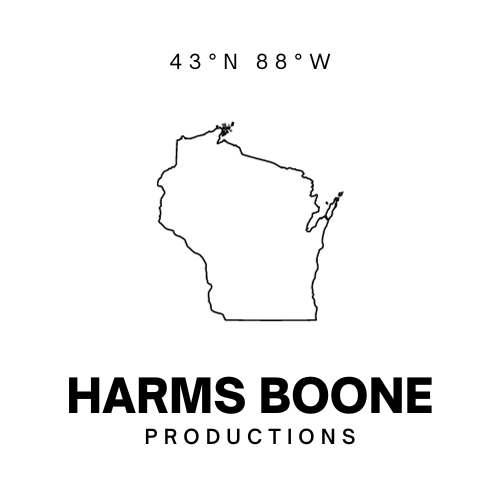A couple weeks ago I had the pleasure of visiting with some amazing public servants working for Minnesota’s Hennepin County government. I talked a little about 18F but most of our time was spent learning about the work they were doing for the public and taxpayers they served. One program that stuck out as particularly interesting was presented by someone from public works who showed the results of a program designed to help consumers make decisions based on whether businesses recycle, compost, or donate unused food to local shelters or farms. This project included an iconathon with the Noun Project “focused on developing badges of honor that reward local businesses for participating in recycling programs.”
Why start a reflection on my first year at 18F with a story about local government? Because, much like the agencies we work with, this county has a crew of public servants doing great work for the people without something like 18F being involved. They are starting to create a “Center for Innovation and Excellence,” it will be interesting to watch that program develop.
I came to 18F after about a year and a half as a contractor at the Consumer Financial Protection Bureau (CFPB). There I was lucky to work with a team of brilliant, talented designers and technologists who were all moving the agency forward with the American consumer in mind first. There was a certain imperialism to working as a contractor and I hoped that going to 18F would help me feel more mission-driven, and closer to the goal of making government that is responsive and accountable to the public. One thing I’ve really homed in on over the last year is service. We talk about service a lot at 18F. Maybe more than any single other thing, and not in terms of availability of an application or database “service” (though we do talk about that) but in terms of our roles as public servants.
I think a lot about Pedagogy of the Opressed when I think about 18F. Not because the agencies we work for are oppressed in any sense, but for the lessons it contains for helping, listening, and teaching. We work in service to other agencies and to that end, we’re all in this public service game together. It’s rare that we come into a problem somebody hasn’t thought about before. It’s less rare, but still kind of rare, that we encounter one somebody doesn’t already have a solution for. The rarest of all: A problem nobody has tried to solve before. Like the teacher to Friere’s students, we have an opportunity for cooperation, collaboration, and unity when we start working with an agency. Find the people that already have insight and wisdom about their own situation, empower them, and help them realize their vision: The best work we do starts here.
That mentality seeps into every decision we make. How do we help Interior design a program to get every 4th grader on national lands? We design it so that 4th graders can use it. How do we help people immigrate to the United States? We could build a wall. Or we could build the process around the needs, education, and goals of people trying to do it. How do we help build trust with the public interacting with government services? By providing an easy way for agencies to see how they meeting best practices like HTTPS on the web. Some of these are big projects, some smaller, but all of them help the agency we’re serving achieve their goals by engaging the public more directly and effectively.
The truth of the matter is: The bright future is one where we don’t need 18F to do all that but as long as we do, we’re glad to be here serving.
